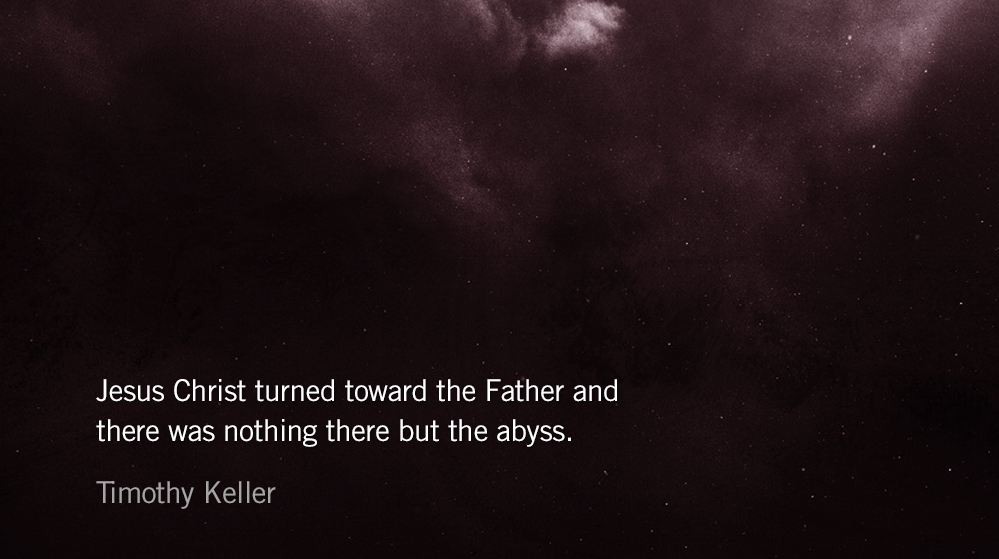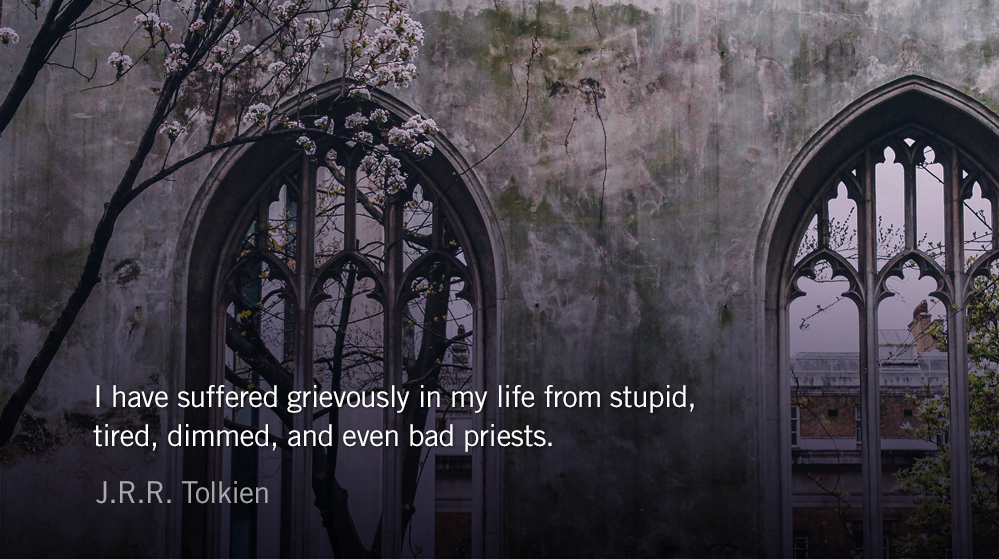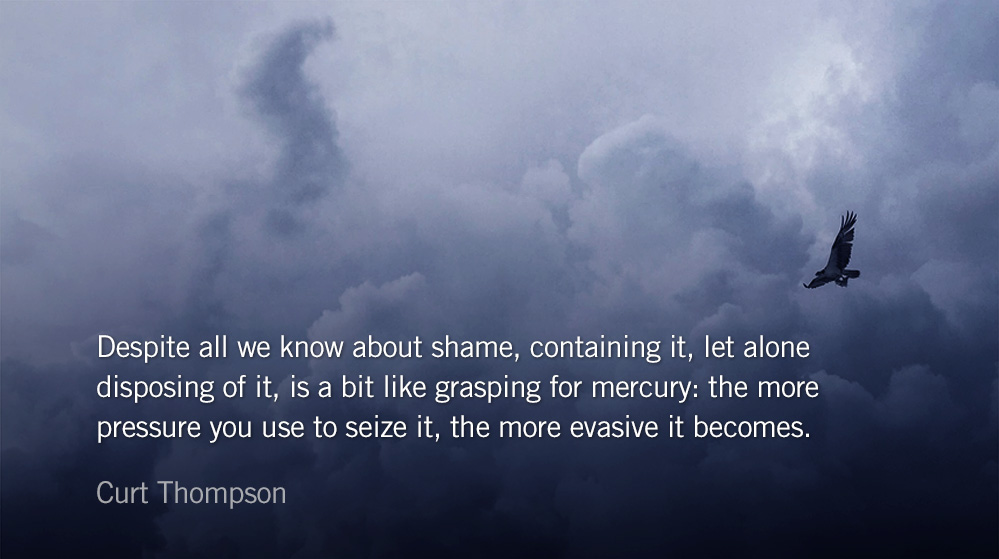This one was such a kick in the gut, knowing that at the Cross, hell came down and could not break the grip of Christ’s love for me. I needed to hear all over again how great that cost was. — Scott
Readers’ Choice (Originally published March 23, 2016)
Then Jesus said to them, “My soul is very sorrowful, even to death; remain here, and watch with me.” — Matthew 26.38
The Son of God, who rhythmically withdrew from all human contact to pray, now asks his disciples to journey with him into the garden. He did not want to be left alone.“Father, take this cup.” The prayer of Christ would go unanswered.
For the first time in all of eternity, “Jesus Christ turned toward the Father and there was nothing there but the abyss,” remarks Timothy Keller. “There was nothing there but the darkness that opens out into an infinite nothing. He turned, expecting heaven and the Father, and there was hell.” Blood vessels ruptured under stress—his body being forced toward death long before the cross—as the weight of sin fell upon our savior. Keller explains:
As he began to walk, he began to experience the wrath of God. He began to actually experience God turning away from him. How does God punish sin? The Bible tells us (it’s almost poetic justice) the sinful human heart wants to get away. It wants to be away from God. It wants to be able to be its own master. So the way God punishes sin is to give the heart what it wants.
Jesus received what we deserved—what we have earned. From his birth to his resurrection, Christ did for us what we are unable to do. He loved God fully and loved man perfectly. He gave his life that we may live. Though we see this, we have trouble reorienting our lives in response.
We do not want to accept such a sacrifice. We do not want to cost of our sin to be so high. We do not want to live indebted to grace so deep. Christ’s love shines through the night, even while our love flickers in the wind. Keller concludes:
We don’t trust him. We’re afraid he might not have our best interest in mind, that he might ask us to do something that won’t be really good for us. So on the one hand, we don’t really trust him, but on the other hand, we don’t really trust ourselves. One of the reasons why we don’t give ourselves wholly and utterly and completely is because we’re afraid of failure.
Here is a love that hell came down on. His love for you—hell came down on it—and it didn’t eat through it. His love for you, hell came down on it, and it didn’t break it.
Today’s Reading
Jeremiah 37 (Listen – 3:25)
Psalm 10 (Listen – 2:13)
Submit a devotional for Readers’ Choice
Contribute your favorite Park Forum devotionals to Readers’ Choice.
Email me the title or link. If you don’t mind adding a sentence or two as to why each post was significant to you, I would love to include your voice as well.
Thanks for being part of The Park Forum community. We are so thankful to be part of your devotional rhythm.











